Columbia University Students Demand Better Handling of Rape Cases
Rape vs. Universities.
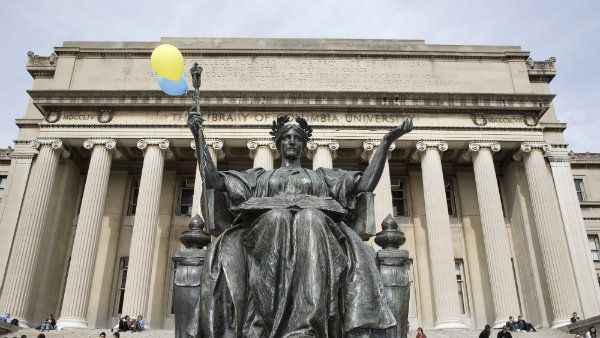

Students at Columbia University in New York City are petitioning their administration to be more transparent about how sexual assault and harassment cases are handled. "The administration needs to know that the Columbia community demands transparency and accountability," they write. "It is unacceptable for Columbia to keep students in the dark on issues vital to their safety and wellbeing."
Launched by the Columbia Democrats in October, but gaining momentum thanks to a story in Wednesday's New York Post, the petition demands university administrators release information including what portion of accused assailants are found guilty, what types of punishments those found guilty of rape receive, what guidelines the school has for sanctions and punishments, how often punishments are altered or repealed, the typical length of time it takes for a case to be adjudicated, what administrators estimate to be the "true number" of sexual assaults (since 95% of victims never report the crime), and how public safety officers are trained to respond to sexual assault and support survivors.
Releasing such information is by no means required—under a federal law known as the Clery Act, schools must publish the number of reported sexual assaults each year, but they are not required to release information on how the case was handled—but students say the university should be willing to go above and beyond. "We may know that these … cases were reported, but we don't know where those cases went, we don't know if they were resolved informally, we don't know if these people were subject to punishment at all," Sejal Singh, president of the Columbia Democrats, told the New York Post. "The university isn't compelled by federal law, but we do think as an institution they should be doing a lot more." Columbia spokesman Robert Hornsby told the Post via email that the University's Presidential Advisory Committee on Sexual Assault is planning to meet with the students who launched the petition. The Columbia Democrats told Marie Claire the meeting is scheduled for tomorrow and while the administration at first was slow to respond to student concerns, in the last month they have "taken concrete steps to work with us and address sexual violence on campus."
Students feel the information would help them hold the Ivy League institution accountable. According to the Post, female students at Columbia have been denied hearings due to a lack of evidence and have their cases dragged on for months without resolution. These issues are hardly confined to Columbia. As I reported in the November issue of Marie Claire, college women nationwide at schools of all sizes and levels of prestige say they're being contradicted, discouraged, ignored, and even blamed when they come forward to report a sexual assault on campus.
Why aren't colleges doing more to crack down on these heinous crimes? Caroline Heldman, Ph.D., chair of the politics department at Occidental College, who is among 37 faculty, students and alumni who filed a complaint against the liberal arts school alleging the administration covered up rapes and improperly reported and adjudicated sexual assaults, told me, "colleges have a lot of financial pressure to not tell the truth about rape and sexual assault on campus." Keeping the institution's reputation untarnished—and the number of applicants consistent and the alumni dollars flowing—is essential. "[Administrators] go to great lengths to hide or underreport the issue," says Alison Kiss, executive director of the Clery Center for Security on Campus. "There's an undeniable fear that if we talk about this, we're going to have to respond more. Some administrators are concerned with having to explain the higher numbers [of reported sexual assaults]."
But the cold reality is, 1 in 5 college women will be the victim of an attempted or completed sexual assault during her four years of school, as opposed to 1 in 6 of all American women in their lifetime. The only chance we have at changing the culture of sexual violence on college campuses is by being open and honest about the problem—which is precisely what the Columbia University students are demanding. Columbia has about 4,500 undergraduate students, and yet reported just 14 "forcible sex offenses" in 2012. It doesn't take a sophisticated understanding of math to know there were likely many more sexual assaults at the school last year. Greater transparency and accountability could help create a campus environment where victims feel comfortable coming forward and confident they will get the support and justice they deserve.
Click here
to sign the petition (you don't have to be a member of the Columbia University community), and read my full story, Big Shame on Campus,
here
.
Stay In The Know
Get exclusive access to fashion and beauty trends, hot-off-the-press celebrity news, and more.
Kayla Webley Adler is the Deputy Editor of ELLE magazine. She edits cover stories, profiles, and narrative features on politics, culture, crime, and social trends. Previously, she worked as the Features Director at Marie Claire magazine and as a Staff Writer at TIME magazine.
-
 Every Fashion and Beauty Find You Need For 75-Degree Days
Every Fashion and Beauty Find You Need For 75-Degree DaysConsider this your warm-weather checklist.
By Kaitlin Clapinski
-
 One of Princess Diana's Most Iconic Dresses Is Going Up for Auction—And Its Expected Price Will Shock You
One of Princess Diana's Most Iconic Dresses Is Going Up for Auction—And Its Expected Price Will Shock YouJulien's Auctions tells 'Marie Claire' that one famous dress could potentially break records.
By Kristin Contino
-
 The Sporty Aesthetic Is Defining Spring 2025—16 Limited-Edition Pieces to Shop
The Sporty Aesthetic Is Defining Spring 2025—16 Limited-Edition Pieces to ShopIncluding your new favorite sneakers.
By Emma Walsh
-
 36 Ways Women Still Aren't Equal to Men
36 Ways Women Still Aren't Equal to MenFeatures It's just one of the many ways women still aren't equal to men.
By Brooke Knappenberger
-
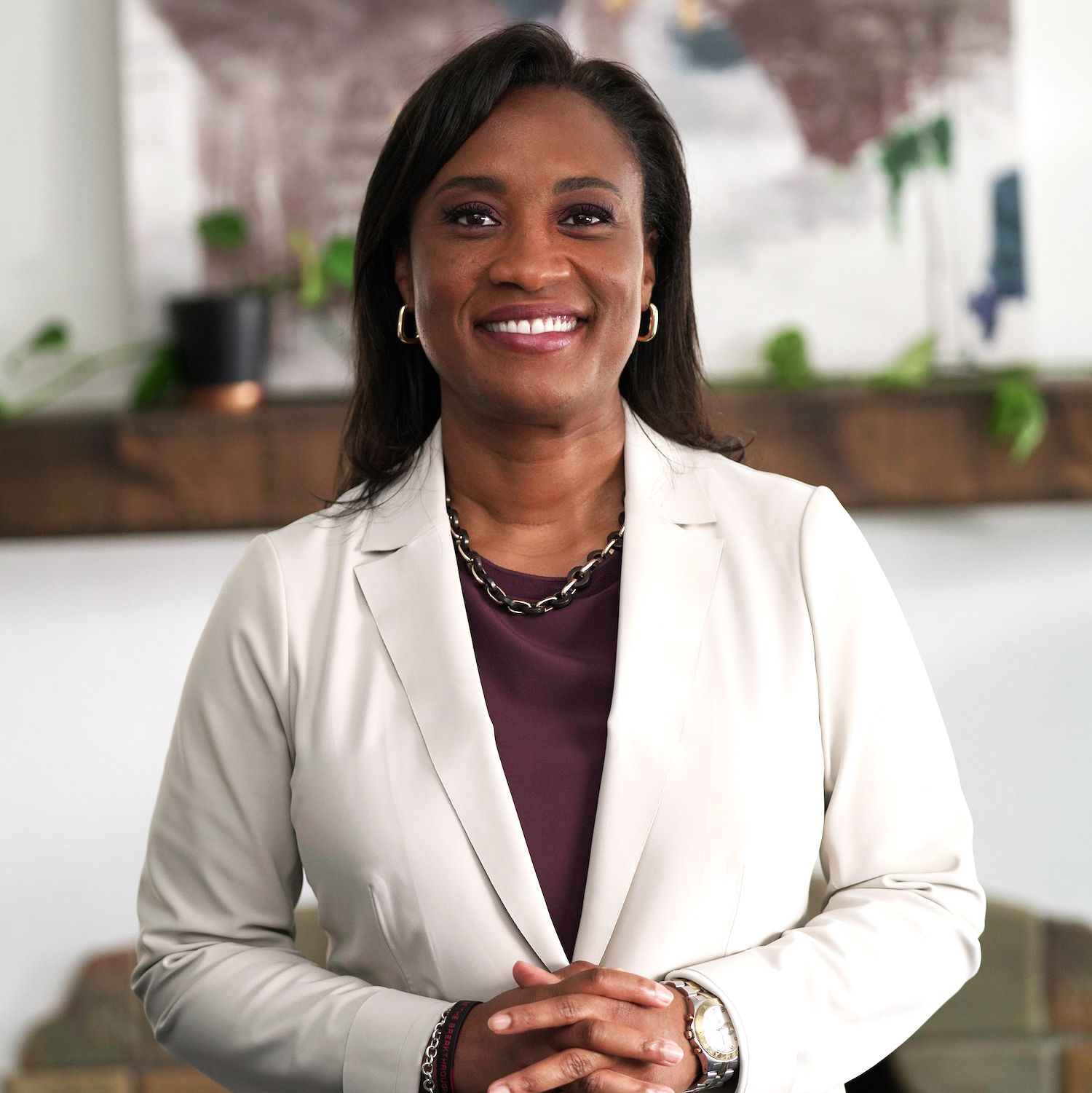 EMILY's List President Laphonza Butler Has Big Plans for the Organization
EMILY's List President Laphonza Butler Has Big Plans for the OrganizationUnder Butler's leadership, the largest resource for women in politics aims to expand Black political power and become more accessible for candidates across the nation.
By Rachel Epstein
-
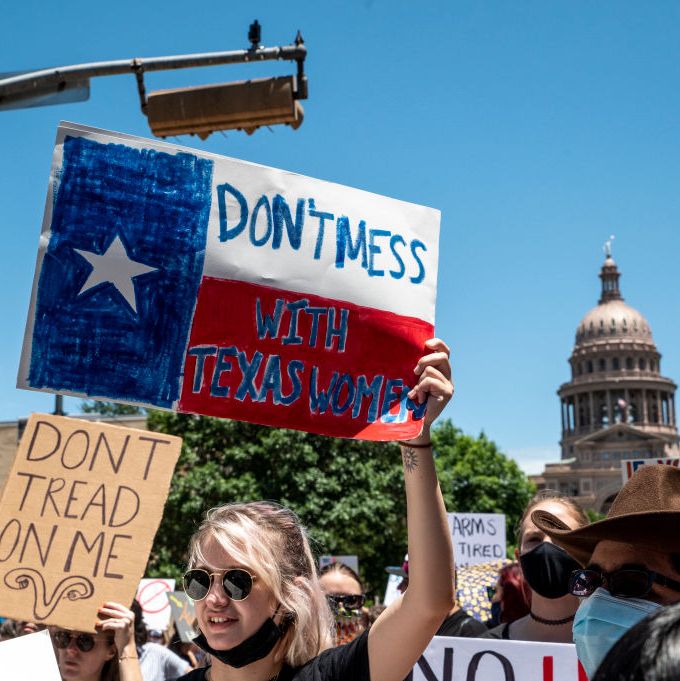 Want to Fight for Abortion Rights in Texas? Raise Your Voice to State Legislators
Want to Fight for Abortion Rights in Texas? Raise Your Voice to State LegislatorsEmily Cain, executive director of EMILY's List and and former Minority Leader in Maine, says that to stop the assault on reproductive rights, we need to start demanding more from our state legislatures.
By Emily Cain
-
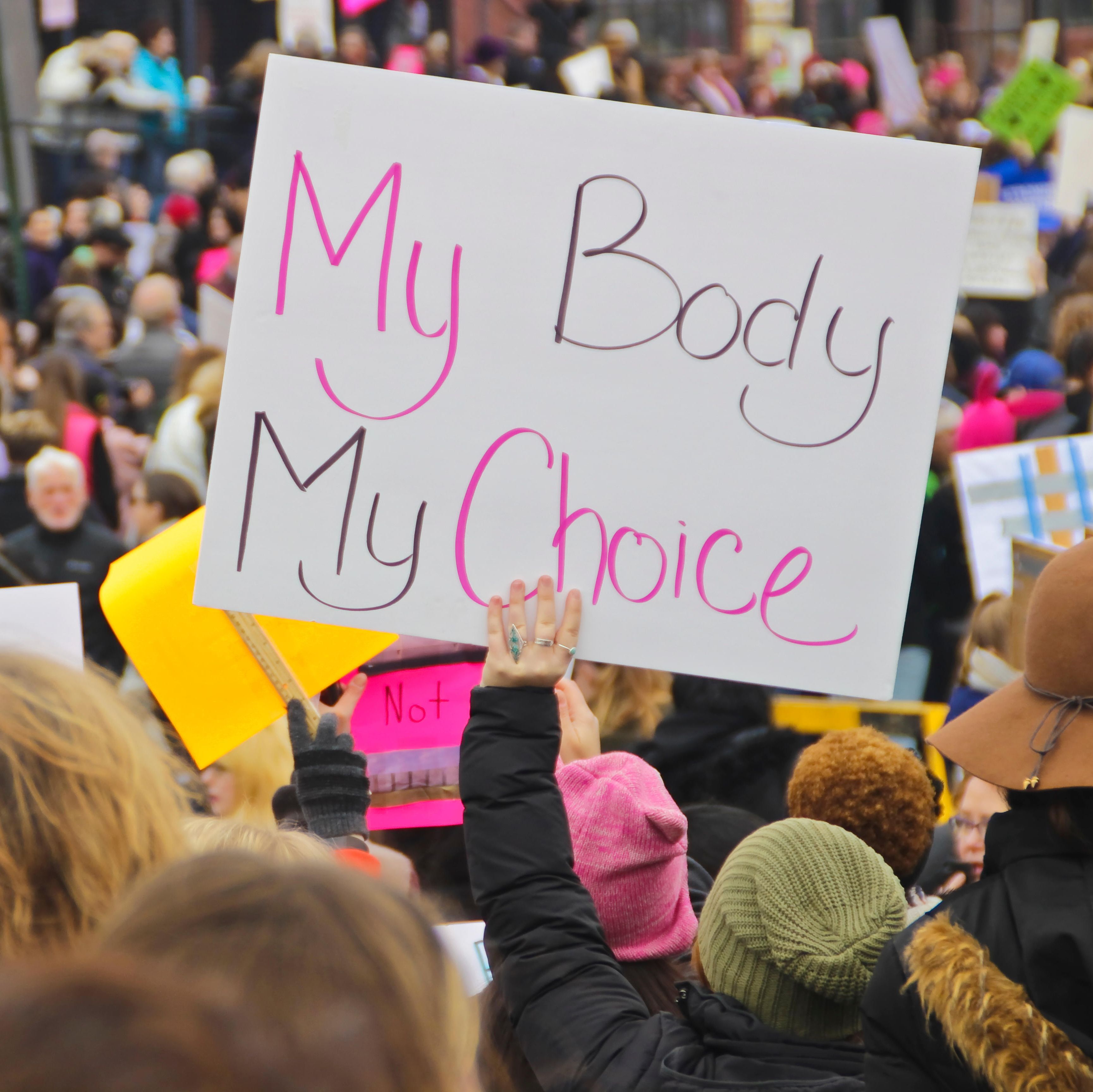 Your Abortion Questions, Answered
Your Abortion Questions, AnsweredHere, MC debunks common abortion myths you may be increasingly hearing since Texas' near-total abortion ban went into effect.
By Rachel Epstein
-
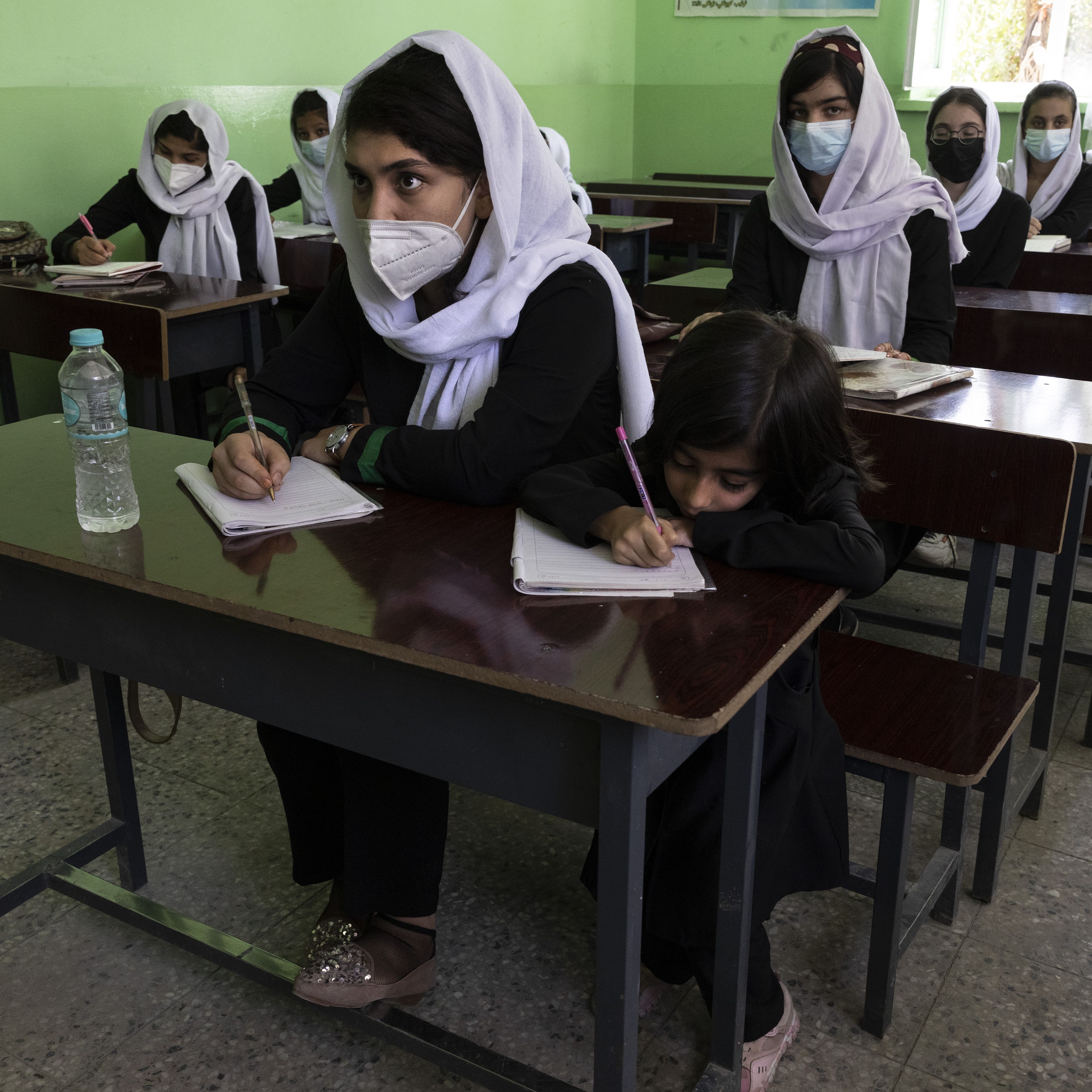 The Future of Afghan Women and Girls Depends on What We Do Next
The Future of Afghan Women and Girls Depends on What We Do NextBetween the U.S. occupation and the Taliban, supporting resettlement for Afghan women and vulnerable individuals is long overdue.
By Rona Akbari
-
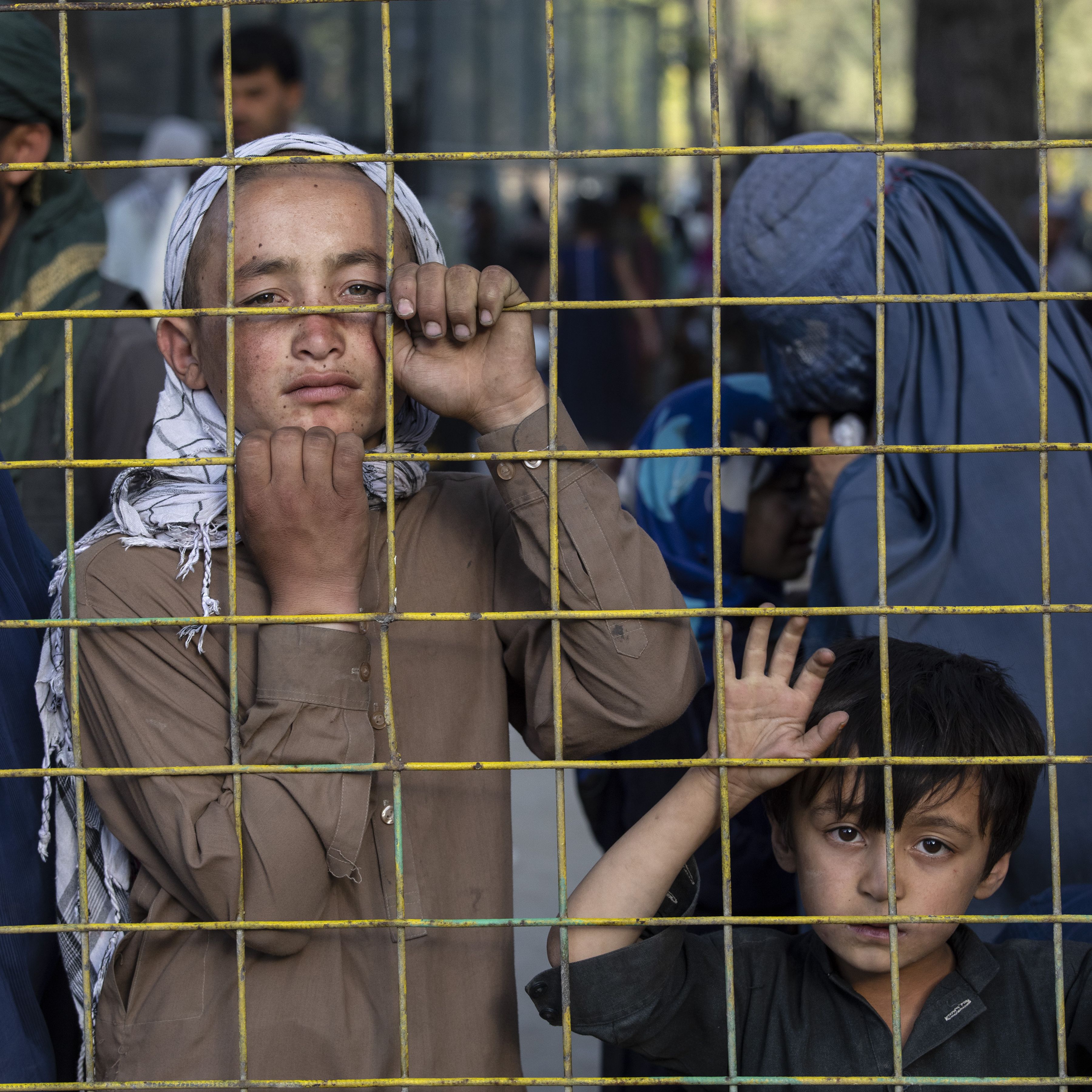 How to Help Afghanistan Refugees and Those Who Need Aid
How to Help Afghanistan Refugees and Those Who Need AidHow To With the situation rapidly evolving, organizations are desperate for help.
By Katherine J. Igoe
-
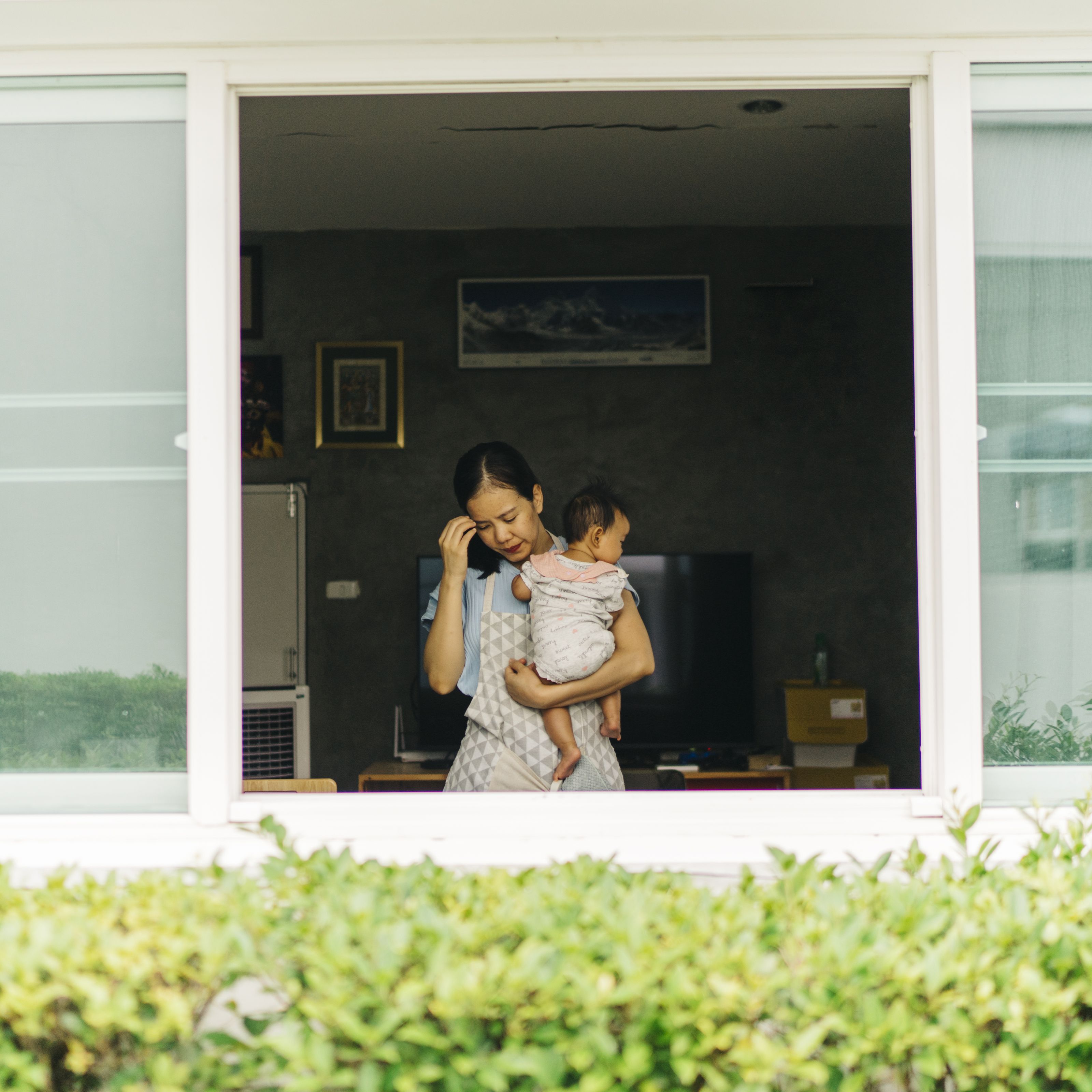 It’s Time to Give Domestic Workers the Protections They Deserve
It’s Time to Give Domestic Workers the Protections They DeserveThe National Domestic Workers Bill of Rights, reintroduced today, would establish a new set of standards for the people who work in our homes and take a vital step towards racial and gender equity.
By Ai-jen Poo
-
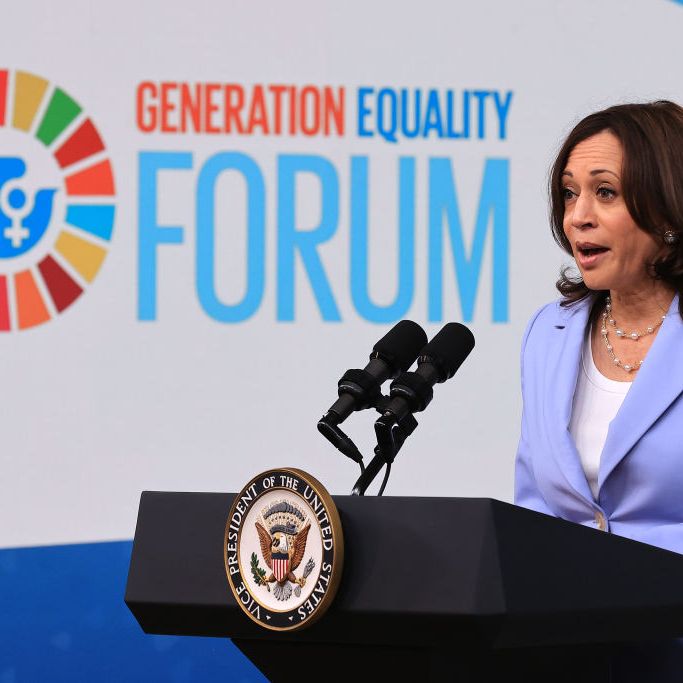 The Biden Administration Announced It Will Remove the Hyde Amendment
The Biden Administration Announced It Will Remove the Hyde AmendmentThe pledge was just one of many gender equity commitments made by the administration, including the creation of the first U.S. National Action Plan on Gender-Based Violence.
By Megan DiTrolio